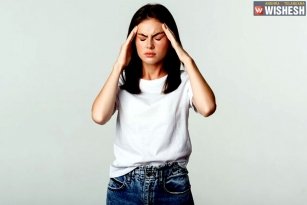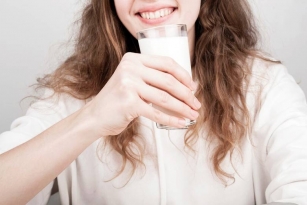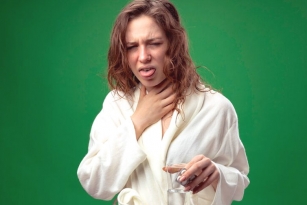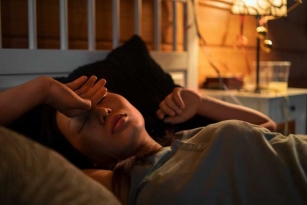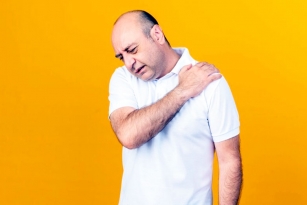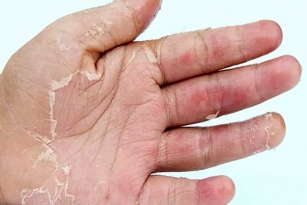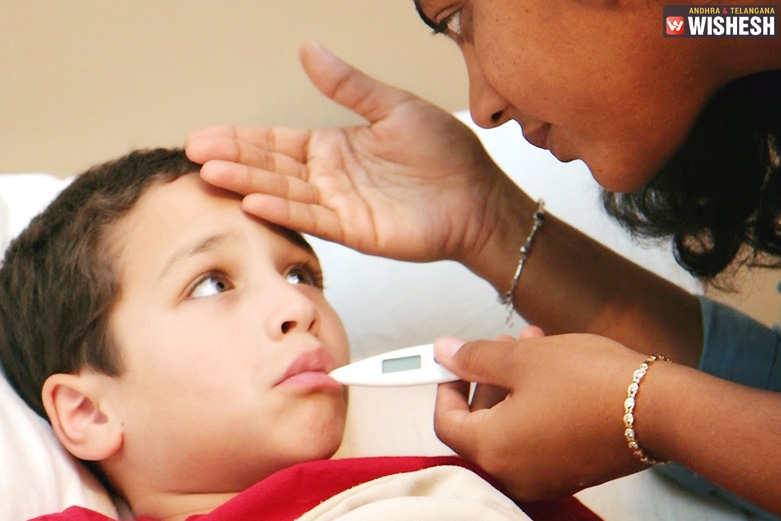
Malaria is a serious disease that can be transmitted to all age groups. It is caused by the bite of parasite known as Plasmodium. Number of malaria cases is increasing day by day due to lack of awareness and preventive measures. According to a survey 300-500 million people are infected with malaria each year. Improved awareness initiative programmes, will help to control this fatal disease. Here are some preventive measures that help to reduce the risk of malaria. Follow them to protect yourself.
Preventive measures for malaria:
• Protect yourself from mosquito bites by sleeping under an insecticide-treated mosquito net. It does not have any ill effects on humans. But make sure to select a mosquito net that is in good condition with no holes.
• Spray the room with an insecticide before entering.
• Wear loose and long sleeve shirts, trousers and socks when out at night. It is good to prefer light colored clothes as mosquitoes get attracted to dark colored clothes.
• Apply a reliable insect repellent containing diethyltoluamide (DEET) to your clothes and exposed parts of skin. If you are using any sunscreen lotion, apply it first and then apply DEET second. Even it is good if you use a sunscreen that contains a repellant.
• Cover bedroom doors and windows with fine mesh netting. Use air-conditioning or a fan in the room, as mosquitoes are less active in cooler temperatures.
• Mosquitoes thrive very well in humid, hot corners. So prevent breeding by keeping your doors and windows closed from the areas with constant wet grass, stagnant water, puddles and stagnant water in cans.
Malaria can be cured if it is diagnosed in the early stage. But do remember that the symptoms of this malaria start after 7-10 days after being bitten by a carrier mosquito. The patient feels fatigued, has bouts of fever every few hours, shivers even when the outside temperature is normal, and suffers from headache, diarrhea, nausea, and vomiting.
By Lizitha




